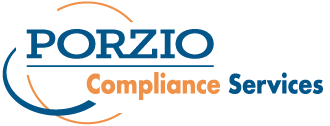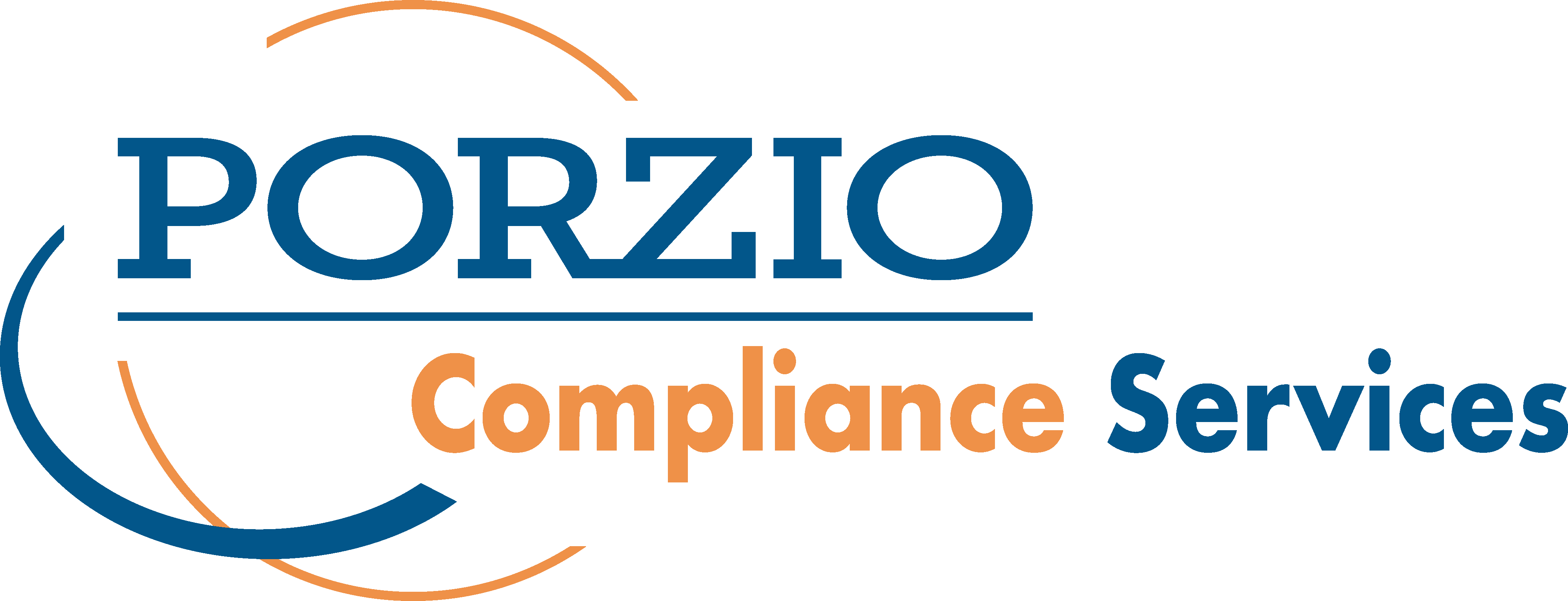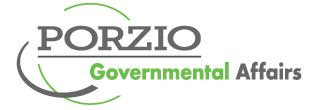Education Compliance
The greatest threats to facilities are often left undiscovered. The objective of an onsite assessment is to identify possible threats and vulnerabilities, and provide custom
Education compliance is constantly evolving, and successfully navigating it requires more than knowing the rules—it demands foresight, experience, and practical strategies. At PorzioCS, we partner with schools and educational organizations to help them meet regulatory requirements, reduce risks, and stay focused on their core mission: providing an exceptional education for every student.
We understand the unique challenges facing today’s districts. From school safety and emergency preparedness to complex accountability systems, we provide guidance tailored to your community’s needs. Whether reviewing district policies, conducting compliance assessments, or preparing for state monitoring, PorzioCS delivers proactive, practical, and comprehensive solutions.
Our services cover a broad spectrum of educational needs, including: school safety and security, risk assessments, compliance reviews, emergency preparedness, training and professional development, curriculum review, superintendent searches, higher education compliance, multilingual program compliance, investigations, school district regionalization, and NJQSAC preparation.
By combining deep expertise in compliance with actionable strategies, PorzioCS helps schools and districts thrive while ensuring safe, equitable, and successful learning environments.
Representative Examples
Represented a New Jersey Public School District in assessing the feasibility of closing its district and merging with a larger school district in the region. This involved a comprehensive analysis of school performance data for three districts—sending, receiving, and the district in question. Through interviews, walkthroughs, and consideration of educational practices and criteria outlined by the Commissioner of Education, PorzioCS drafted recommendations. The findings suggested that regionalization, students K-12, would positively impact students' potential for a high-quality education, particularly as the current district struggled with poor academic performance. The study has been presented to all districts, and ongoing discussions about regionalization are underway.
Provided comprehensive guidance to a Private Day School in developing a website that authentically represents its commitment to diversity, equity, and inclusion (DEI). This involved conducting interviews with staff at various levels to understand the organization's history, character, and aspirations, gathering input on creating a website that mirrors the diversity among staff and students. After reviewing the existing website and those of comparable institutions, PorzioCS designed a focused approach and presented recommendations to the leadership team. The scope expanded beyond website development to ongoing feedback on various topics, including professional development for staff on DEI and broader educational matters.
Served as an independent trustee to facilitate the closure of a charter school, acting on behalf of the school and the New Jersey Department of Education (NJDOE). The responsibilities included notifying and supporting affected employees, managing the closure of physical locations, terminating leases, liquidating assets, and overseeing the sale and transfer of the school's real estate. Additionally, the project involved fulfilling governmental filings, preparing tax returns, conducting audits, and ensuring proper records retention. The multi-year retention is winding down and all goals have been achieved to date.
Investigated allegations of discrimination in officiating during a high school football game. This involved a thorough examination of documents, interviews with coaching staff, school administration, and officiating crew members, as well as the review of 240 video clips capturing the play-by-play of the game. A comprehensive report was drafted, highlighting evidence of both implicit and explicit bias in officiating, with factual findings interpreted in accordance with best practices. The report was submitted, approved by the client, and subsequently provided to the involved parties for their comments.



